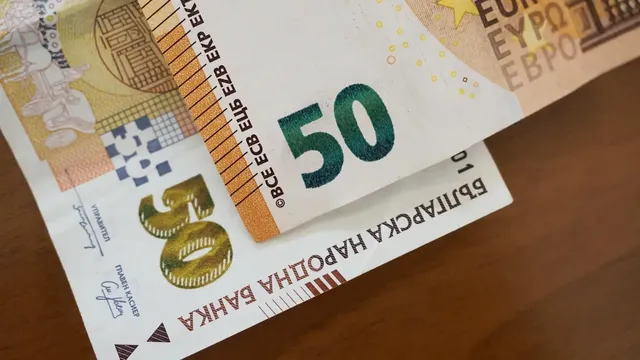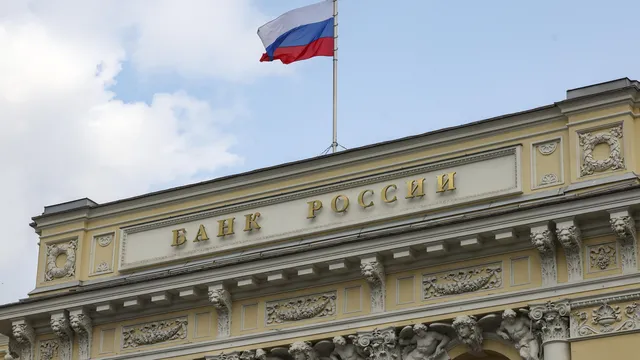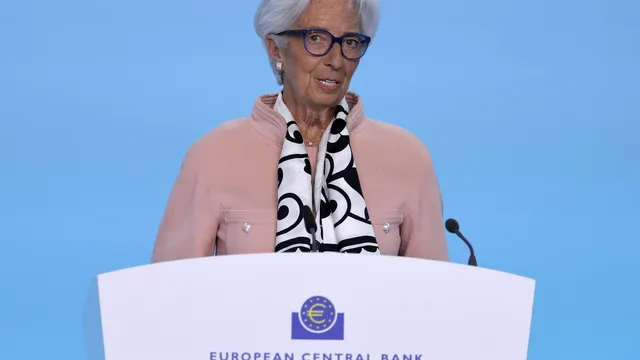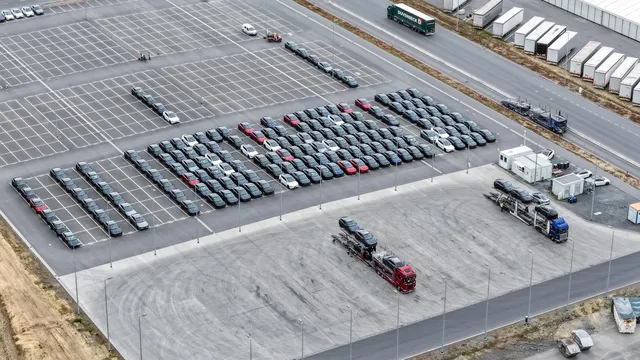The news portal Adevarul stated that “since joining the European Union in 2007, Bulgaria has been struggling to replace its currency, the lev, with the euro.” The media outlet added that on its path to the single European currency, Bulgaria had to meet certain criteria.
"To receive a positive recommendation, Bulgaria had to meet the inflation criterion, according to which consumer inflation in countries applying for membership of the eurozone cannot be higher than 1.5 percentage points above that of the three best-performing countries in the EU.
In April, the best-performing countries were France with 0.9%, Cyprus with 1.4% and Denmark with 1.5%, which placed Bulgaria with 2.8% just below the threshold.
A country applying for eurozone membership cannot be subject to the EU's budgetary disciplinary procedure for a budget deficit exceeding 3% of GDP. Bulgaria meets this criterion with a budget deficit of 3.0% in 2024 and 2.8% as projected for 2025.
The country's public debt - 24.1% of GDP in 2024 and 25.1% expected for 2025 - is well below the maximum level of 60%, and the long-term interest rate on bonds is 2 percentage points above the interest rate at which the three best-performing countries, adjusted for inflation, borrow,“ Adevarul wrote.
”Bulgaria is taking the decisive step towards the euro. We are even more so," reads the headline of an article published in Cotidianul.
"The European Central Bank (ECB) has given Bulgaria the green light to adopt the euro on January 1, 2026. This makes the neighboring country a favorite for the 21st member of the eurozone, after it managed to meet all the criteria required by the EU: low inflation, stable public finances, a stable exchange rate, and compatibility of national legislation with EU rules.
In contrast, Romania remains outside the accession process, failing to meet any of the four main economic criteria for joining the single European currency. Furthermore, its legislation has not been fully aligned with the requirements of the Treaty on the Functioning of the European Union, which is an essential step towards joining the euro system," the media outlet adds.
"While Bulgaria is moving forward at a rapid pace, Romania seems far from joining the eurozone. According to an analysis published by Merkur, our country may adopt the single European currency only in 2029, if significant progress is made," says another article published in Kankan. | BGNES

 Breaking news
Breaking news
 Europe
Europe
 Bulgaria
Bulgaria







